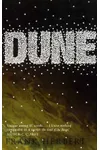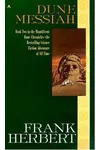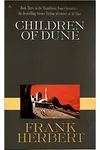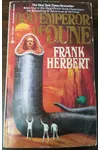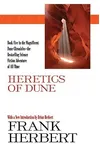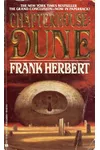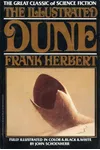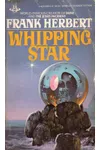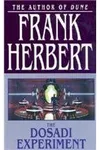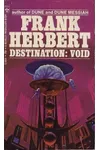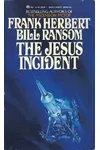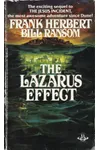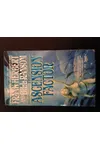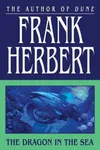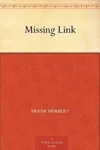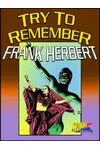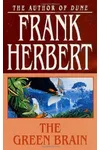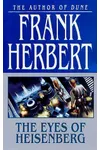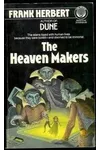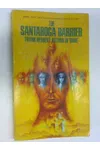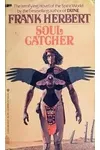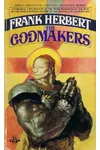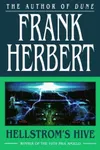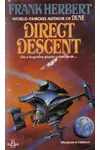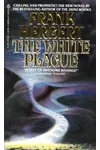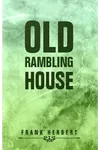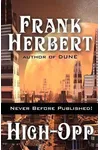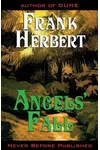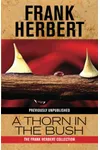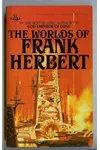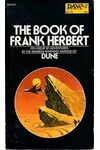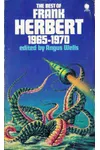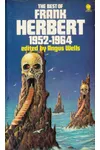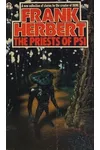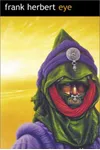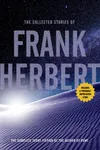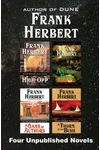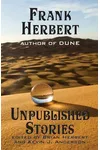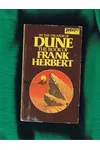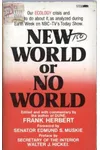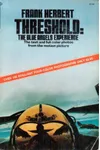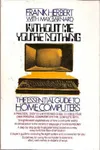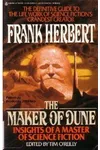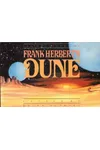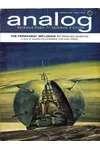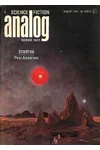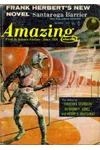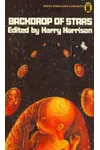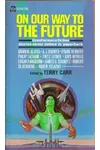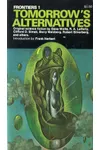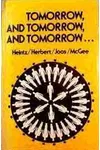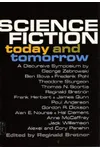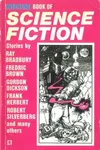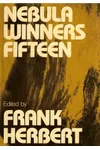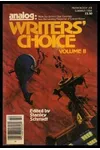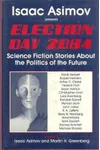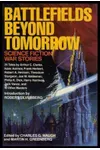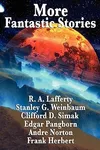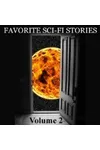Picture a visionary American storyteller who crafted sprawling deserts and interstellar empires—meet Frank Herbert! Born in 1920, Herbert transformed science fiction with his masterpiece Dune, a novel that weaves ecology, politics, and human destiny into a gripping saga. His imaginative worlds and profound themes continue to captivate readers, making him a titan of the genre.
With a knack for blending philosophy and adventure, Herbert didn’t just write stories—he built universes. Let’s dive into the life, works, and lasting legacy of this literary legend.
The Making of Frank Herbert
Frank Herbert was born on October 8, 1920, in Tacoma, Washington. Growing up in the Pacific Northwest, he developed a deep appreciation for nature, which later shaped Dune’s environmental themes. A curious polymath, Herbert worked as a journalist, photographer, and even a speechwriter before turning to fiction. His early short stories, published in magazines like Astounding Science Fiction, honed his craft and set the stage for his epic novels.
Influenced by thinkers like Carl Jung and real-world issues like resource scarcity, Herbert’s writing reflected his fascination with human potential and survival. His diverse experiences fueled his ability to craft intricate, believable worlds.
Frank Herbert’s Unforgettable Stories
Herbert’s magnum opus, Dune (1965), is a cornerstone of science fiction. Set on the desert planet Arrakis, it follows Paul Atreides as he navigates political intrigue, religious prophecy, and ecological challenges. The novel’s rich world-building and themes of power and sustainability resonated deeply, earning it both Hugo and Nebula Awards.
Herbert continued the saga with five sequels, including Dune Messiah (1969) and Children of Dune (1976), which explore the consequences of Paul’s legacy. Beyond Dune, The White Plague (1982) tackles biological warfare, showcasing Herbert’s versatility in tackling speculative crises. His style—dense, philosophical, and vivid—blends meticulous research with mythic storytelling, inviting readers to ponder humanity’s future.
Herbert’s works stand out for their layered characters and prescient themes. From spice wars mirroring oil politics to Arrakis’s ecological metaphors, his stories remain strikingly relevant.
Why Frank Herbert Matters
Frank Herbert redefined science fiction by proving it could tackle big ideas without sacrificing story. Dune inspired countless works, from Star Wars to modern sci-fi epics, and its adaptations—like Denis Villeneuve’s 2021 film—keep Herbert’s vision alive. His focus on ecology foreshadowed today’s climate concerns, cementing his role as a prophetic voice.
Herbert’s legacy endures through fans, scholars, and writers who see him as a guide to navigating complex futures. His ability to blend adventure with introspection ensures his stories resonate across generations.
About Frank Herbert
- Born: October 8, 1920, Tacoma, Washington
- Key Works: Dune, Dune Messiah, Children of Dune, The White Plague
- Awards: Hugo Award (1966), Nebula Award (1965) for Dune
- Died: February 11, 1986
Ready to explore epic worlds? Snag Dune and dive into Frank Herbert’s thrilling, thought-provoking science fiction!
